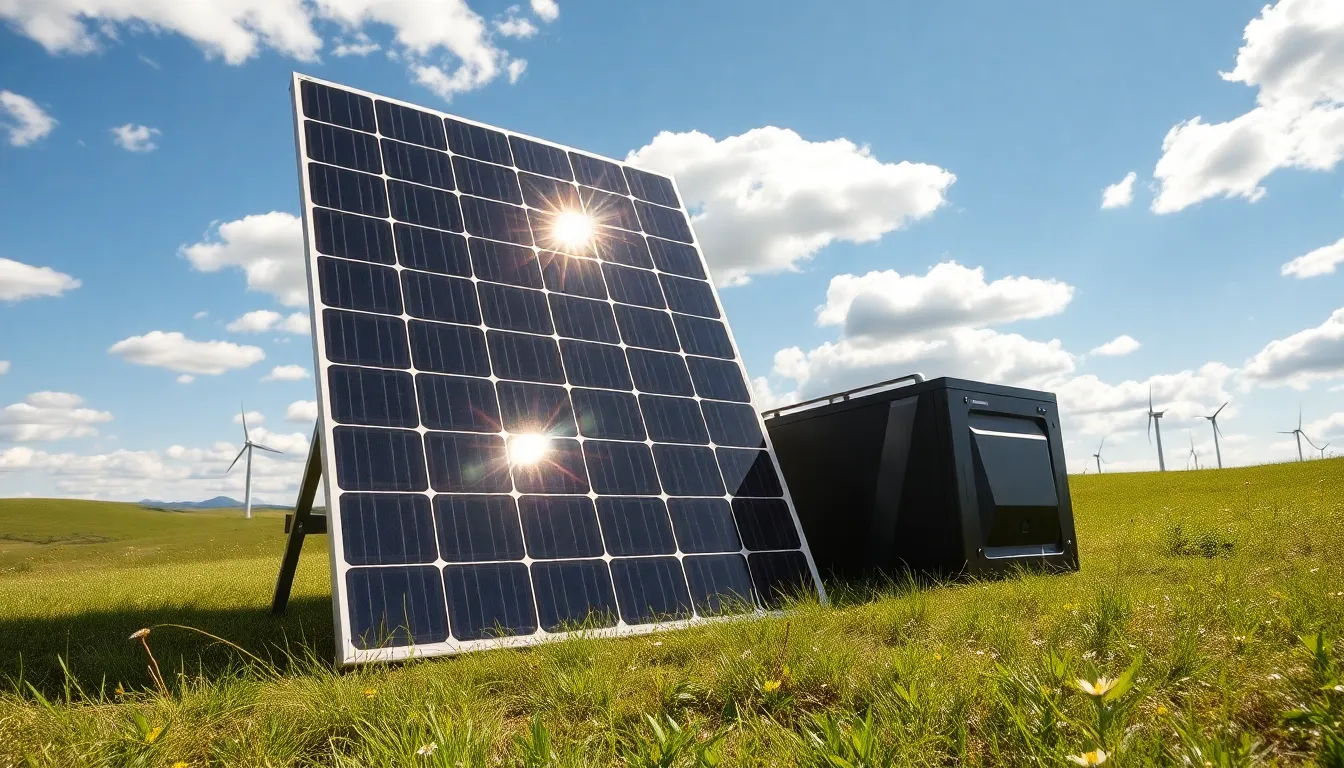In a world increasingly driven by technology and energy efficiency, the concept of power retention has emerged as a critical consideration for industries and consumers alike. Power retention refers to the ability of a system to maintain and manage energy effectively, ensuring that it can deliver optimal performance without unnecessary waste. This article explores what power retention is, its importance, the factors that affect it, and the innovative strategies and technologies that enhance this vital concept.
Table of Contents
ToggleWhat Is Power Retention?

Power retention can be defined as the capability of an electrical or energy system to store, conserve, and recapture energy in a way that maximizes efficiency. This concept is crucial in various applications, from consumer electronics to large-scale industrial systems. Essentially, it involves maintaining energy in a usable form, thereby reducing waste and increasing effectiveness. This can be achieved through various methods, such as battery storage, capacitors, and advanced power electronics that optimize how energy is used and stored.
In practical terms, power retention is often linked to systems that can manage energy flows seamlessly. For instance, in renewable energy systems like solar power, the ability to retain excess energy for later use can significantly enhance the overall utility and reliability of the power supply. Without effective power retention, energy systems might suffer from inefficiencies that lead to increased operational costs and reduced performance.
The Importance of Power Retention
Understanding the importance of power retention is essential for several reasons. First, energy is a finite resource, and with increasing global demand, efficient energy management becomes paramount. Power retention not only helps in conserving energy but also minimizes dependence on non-renewable sources.
Secondly, effective power retention can lead to substantial cost savings. By optimizing how energy is stored and utilized, organizations can significantly reduce their energy bills and operational costs. This is particularly relevant for businesses that rely heavily on power for their operations.
Also, power retention contributes to sustainability efforts. Efficient energy management and storage can lead to reduced carbon footprints and lower greenhouse gas emissions, aiding in combatting climate change. For consumers, participating in energy retention programs can mean lower electricity rates and more reliable power supplies, especially during peak demand times.
Factors Affecting Power Retention
Numerous factors influence the effectiveness of power retention systems. Some of the primary factors include:
Strategies for Enhancing Power Retention
- Battery Technology: Advances in battery technology, such as lithium-ion and solid-state batteries, improve energy density and longevity. These innovations not only enhance the ability to retain power but also allow for quicker charging, which is essential for mobile devices and electric vehicles.
- Smart Grid Technology: The integration of smart grids allows for real-time monitoring and management of energy use. These systems can dynamically adjust energy flows based on demand and storage capacity, so optimizing retention.
- Energy Management Systems: These systems allow organizations to track and analyze their energy consumption patterns, facilitating better retention strategies.
Technological Innovations in Power Retention
The development of innovative technologies plays a critical role in enhancing power retention. For example, energy-efficient appliances, advanced inverters, and cutting-edge energy storage systems contribute significantly to how effectively power is retained and utilized. Also, technologies like flywheels and compressed air energy storage systems are emerging as promising solutions for large-scale energy retention.
Practical Applications of Power Retention
Power retention has significant practical applications across various sectors:
- Renewable Energy: In solar and wind energy systems, excess power generation needs to be stored for use during non-generating periods. Effective power retention enables utilities to manage supply and demand more efficiently.
- Electric Vehicles: The automotive industry heavily relies on advanced battery management systems to ensure that electric vehicles can retain charge and maximize their range between charging cycles.
- Consumer Electronics: Devices such as smartphones and laptops benefit from advanced power retention technologies, extending battery life and enhancing user experience.
- Industrial Applications: Factories and production facilities leverage power retention systems to balance energy loads during production peaks, leading to greater operational efficiency and reduced costs.
Challenges in Power Retention
Even though its significance, there are several challenges associated with power retention. First, the initial cost of implementing advanced power retention technologies can be high, which may deter some businesses and consumers from investing.
Also, not all regions have the same access to power retention technologies. This discrepancy can lead to uneven benefits across different markets and demographics. Finally, the rapid pace of technological advancement means that systems need to be continually updated to remain efficient, which poses challenges in terms of maintenance and training.
Conclusion
To conclude, power retention is a vital concept in today’s energy-driven world. By enhancing the ability to store and manage energy effectively, individuals and industries can not only reduce costs but also contribute to greater sustainability. As technology continues to evolve, the potential for improved power retention grows, paving the way for a more efficient and environmentally friendly future.





